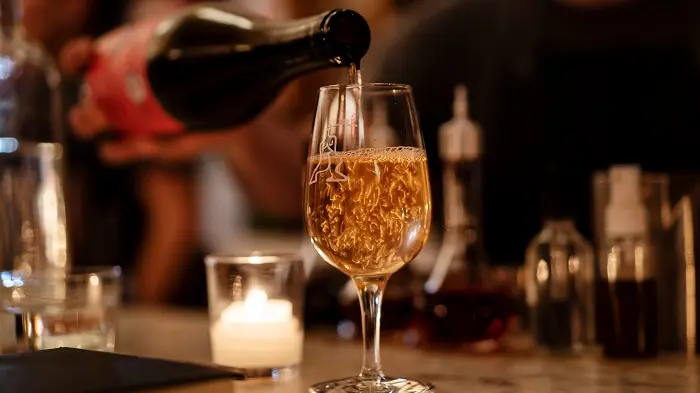When Moonrise Bay Vineyard first began its commercial journey in the late 1990s, North Carolina’s wine industry was still a small frontier, consisting of just a few vineyards. Located on Knotts Island, the vineyard’s origins trace back to a time when North Carolina was far from the established wine region it is today.
Now, with almost 100 wineries spread across the state, North Carolina’s wine scene has exploded. Some even suggest it could rival California for national recognition, thanks to its burgeoning industry. Most of these vineyards, however, are located in the foothills of the Appalachian Mountains, where old tobacco fields have been transformed into thriving vineyards.
While Currituck County is far from the heart of the state’s wine country, it still boasts three vineyards: Martin Vineyards, Moonrise Bay, and Sanctuary Vineyards in Jarvisburg. Reaching Knotts Island is a bit of a challenge, involving either a ferry ride from the Albemarle area or a road trip from Virginia Beach, which supplies the bulk of visitors to Moonrise Bay.
The creation of Moonrise Bay was a significant career change for Richard “Oakie” Morris and his wife Kate. In the mid-1990s, Oakie, a plastic surgeon from Virginia Beach, began the winery as a hobby. By 1998-1999, the hobby had evolved into a commercial venture, with the couple finding themselves producing more wine than they could consume.
Oakie’s interest in wine started during his time in Germany while stationed there with the Army in the 1960s. But it wasn’t German wines that captivated him—it was the wines of France that sparked his passion.
Of Kate’s four children, her eldest daughter Allison is the only one who took an interest in the winery. She now helps manage the business and plays a vital role in its operation. “I didn’t really understand it at first,” Allison admits. “I started taking wine courses, and now I’ve been teaching these guys a few things.”
Wine Production: A Long and Tedious Process
The winemaking team, though small, handles the majority of production. They work in a facility behind the tasting room using equipment imported from Italy. Making wine is a lengthy process, often stretching into late hours. Producing 500 gallons of wine, or about 2,500 bottles, can take the family up to two days, working 8 to 10 hours each day.
Muscadine wine is a big hit at Moonrise Bay, with 1,000 bottles often selling out within two months. However, the journey hasn’t always been smooth.
Kate openly acknowledges the mistakes they’ve made over the years. “Some had good endings, others not so much,” she recalls. One of their notable mishaps involves 3,800 bottles of a Cabernet Sauvignon that turned out poorly. Despite tasting it every year in hopes of a miracle, the wine remains undrinkable. The quality issues were due to heavy rains that year, which impacted the Cabernet grapes they sourced from the Eastern Shore of Virginia.
This Cabernet doesn’t make it to the tasting menu, which currently includes a Chardonnay, a Fumé Blanc, Boathouse Red Blend, Knott Bad Red Blend, and First Flight White Muscadine.
Tastings at Moonrise Bay cost $5 per person and come with a souvenir wine glass. In 2001, the winery developed a new tasting building, with the final touches on the tasting room completed just before Hurricane Isabel hit in 2003. Fortunately, Knotts Island was spared major damage from the storm.
Given its remote location, Moonrise Bay relies heavily on hosting wine events to attract visitors. The winery organizes six to eight events each year, with most of the advertising done through email.
Despite its relatively small production of about 50,000 bottles annually, the winery has received accolades. Its Magnolia Muscadine won a double gold medal at the Finger Lakes Wine Competition in New York in 2009.
While Knotts Island may offer a slower pace of life, the Morrises hope to broaden the winery’s appeal by opening a restaurant. As of now, there are no restaurants on the island, which could help attract more visitors.
Though North Carolina is still far from becoming the next Napa Valley, the state’s wine industry is undoubtedly on the rise. In the decade since Moonrise Bay opened, the winery has seen a shift in how wine is perceived, particularly among younger visitors. Fields that once grew tobacco are now filled with thriving vineyards, marking a new chapter in North Carolina’s agricultural history.
While challenges remain, Moonrise Bay continues to thrive, driven by passion, family dedication, and the dream of producing quality wine in an unexpected corner of the country.


